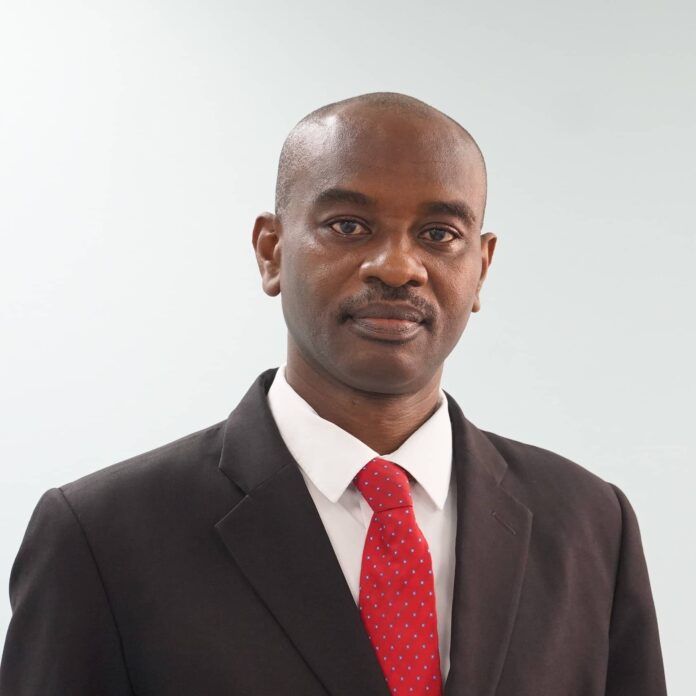As Chelsea’s Cole Palmer lifted the Club World Cup trophy at MetLife Stadium, surrounded by teammates representing dozens of nationalities and races, a stark contrast emerged. While America increasingly retreats into debates about who belongs and doesn’t belong, the world’s most popular sport has spent decades proving that diversity isn’t weakness—it’s a superpower.
The 2025 Club World Cup showcased 81 nationalities competing at the highest level. The Premier League features players from 64 different countries, with 43% being Black players who’ve revolutionized the sport. Meanwhile, France’s “Black-Blanc-Beur” (Black-White-Arab) team won the 2018 World Cup with 15 of 23 players tracing heritage to Africa. Stars like Kylian Mbappé (Cameroonian father, Algerian mother), Paul Pogba (Guinean parents), and N’Golo Kanté (Malian parents) weren’t tokens—they were the engine of French excellence.
Here’s what America struggles to grasp: football operates in a truly multipolar world where size does not mean power, excellence comes from everywhere, and everyone accepts it. While Americans still think in binary terms—us versus them, East versus West—football fans cheer for the best regardless of origin.
Morocco’s stunning 2022 World Cup semifinal run exemplified this. With players born across Europe but choosing to represent Morocco, they created a multicultural powerhouse that stunned Belgium (#2 ranked), Spain, and Portugal. When they lost the third-place match to Croatia—a nation of 3.9 million that has won three World Cup medals—their coach captured the beauty of football’s meritocracy: “We had 0.01% chance of winning this World Cup at the outset and we managed to get through to the last four.”
Croatia’s success story particularly challenges American assumptions about size and dominance. With roughly 6% of England’s population, they’ve won as many World Cup medals as England. How? They embraced global integration early, sending players to compete across Europe’s diverse leagues, learning from different football cultures while maintaining their identity.
The best academic research consistently shows that “a one-standard increase in diversity leads to a significant increase in goal difference of 0.77 to 1.79 goals per match” for national teams. This isn’t feelgood rhetoric—it’s performance science.
Consider the current Ballon d’Or contenders: Ousmane Dembélé (French of West African descent), Lamine Yamal (Spanish with Moroccan and Equatorial Guinean heritage, only 17), Mohamed Salah (Egyptian), Raphinha (Brazilian, Afro-Latino), and Khvicha Kvaratskhelia (Georgian). These aren’t diversity hires—they’re the world’s best players, representing a rainbow of backgrounds that American institutions often struggle to embrace.
The historical greats tell the same story: Pelé (Brazilian of African descent), Zinedine Zidane (French of Algerian Berber descent), Thierry Henry (born to Caribbean parents), and George Weah (Liberian—the first non-European Ballon d’Or winner in 1995). Each succeeded by integrating their unique cultural strengths with local football systems.
Football’s comfort with multipolarity stands in stark contrast to America’s current identity crisis. While Americans debate whether diversity weakens or strengthens them, football nations have long accepted that excellence emerges from everywhere—and the best strategy is integration, not isolation.
Morocco’s celebrations weren’t just confined to Africa. When they beat Belgium, celebrations erupted in Brussels and Paris, Barcelona and Rotterdam—proving that in an interconnected world, identity is fluid and success transcends traditional boundaries. This terrifies those who prefer clear hierarchies and simple identities, but it’s the reality of our global future.
Eight nations have won the men’s World Cup, but the most compelling stories come from everywhere else: South Korea reaching the 2002 semifinals, Turkey doing the same, Croatia’s repeated excellence, Belgium’s golden generation. The message is clear: in football’s multipolar world, anyone can compete, and everyone has something to contribute.
The Club World Cup generated $21.1 billion for global GDP, with $9.6 billion in the United States alone. Americans excel at creating economic value from global events. But the deeper lesson isn’t economic—it’s cultural.
Football has figured out what America sometimes forgets: excellence emerges when talent from everywhere gets the chance to compete and collaborate. The sport’s global success isn’t despite its diversity—it’s because of it.
When Lamine Yamal, a 17-year-old Spanish player with Moroccan and Equatorial Guinean heritage, dazzles defenders with skills learned in Barcelona’s multicultural academy, he represents football’s—and perhaps America’s—future: globally sourced, locally developed, culturally integrated.
As current American political currents push toward isolation and homogeneity, football offers a different model. The beautiful game has always understood that in a connected world, the best strategy isn’t to keep others out, but to bring out the best in everyone.
Game on, America.


